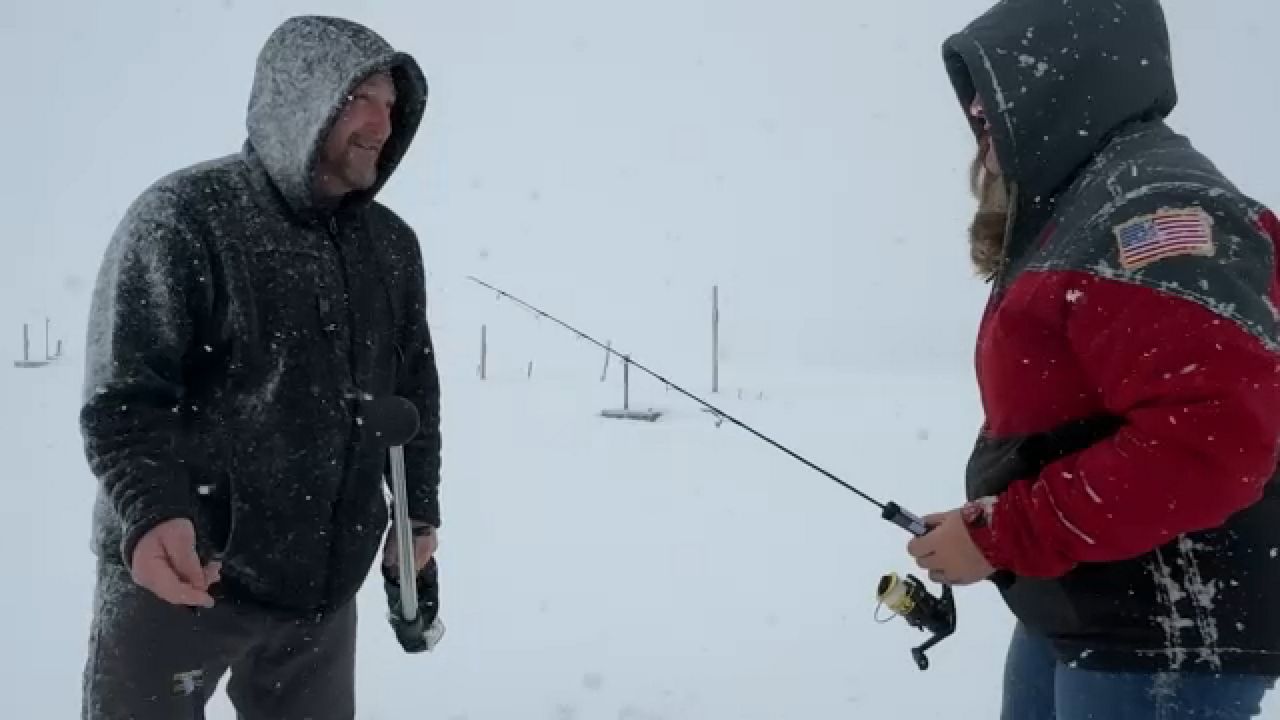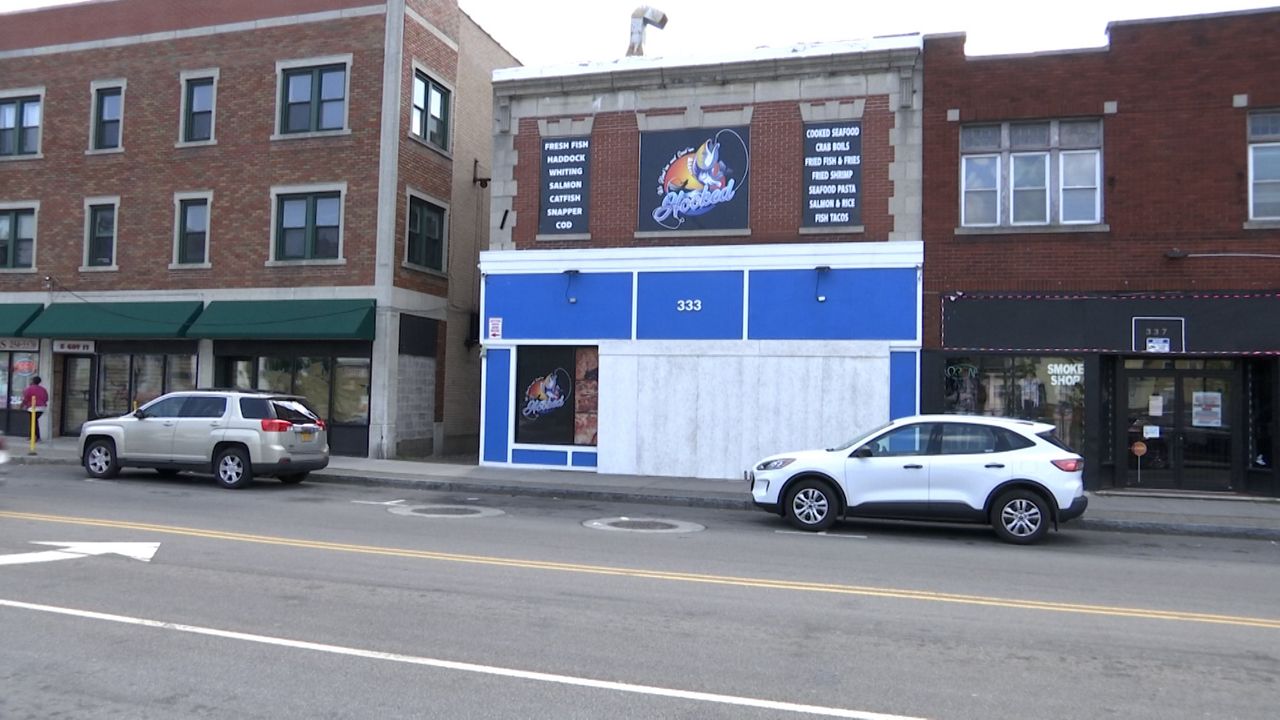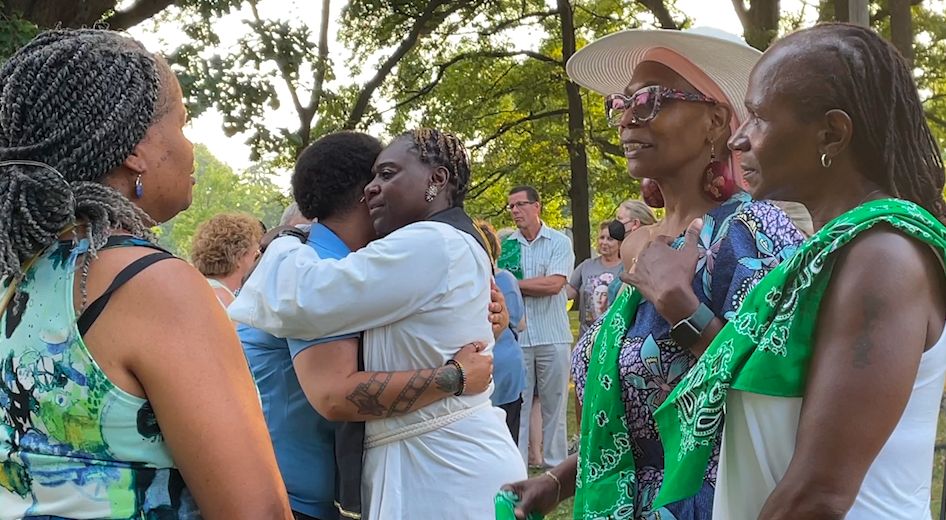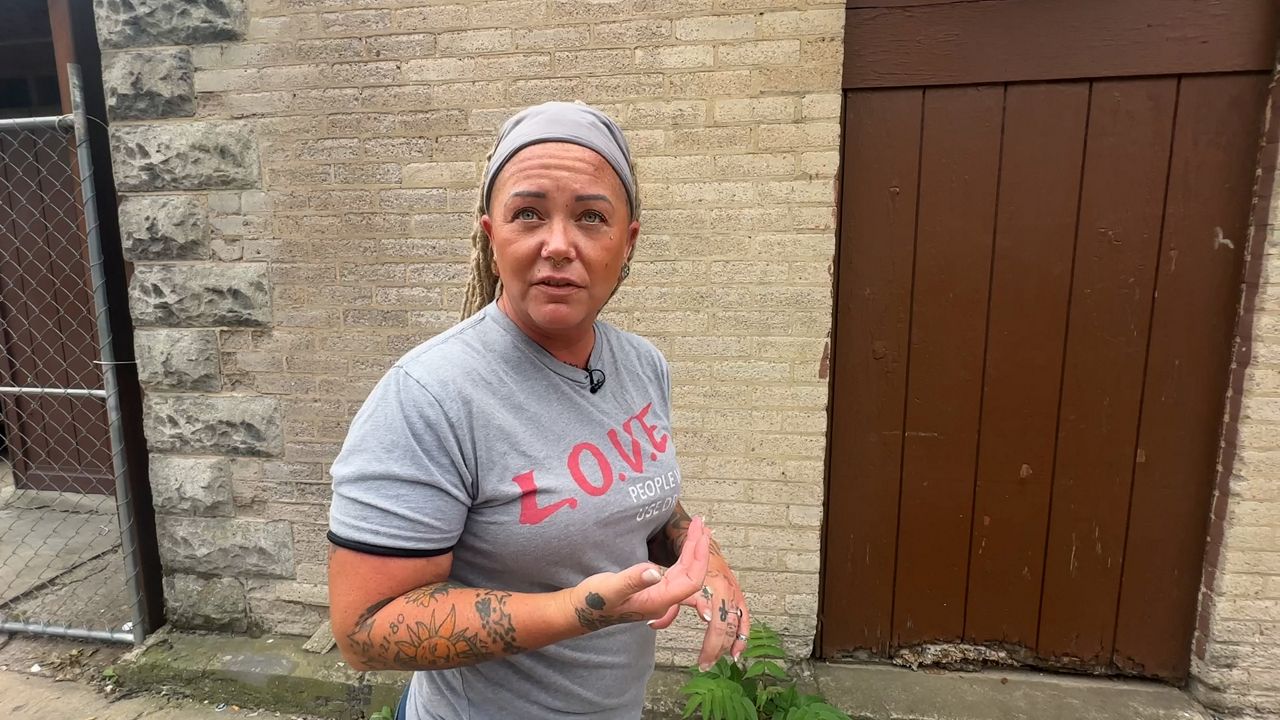ROCHESTER, N.Y. — Kim Dadou Brown was a driving force in the passage of New York's Domestic Violence Survivors Justice Act.
“My goal is to stop domestic violence,” said Brown. “I want to make it a thing of the past. I want to find a way to get between fist and face. I want to find a way to end it. I want to find a way to end terrorism and fear in your own home.”
Brown served 17 years in prison she says for defending herself from her abuser.
“I shot and killed my boyfriend right in front of my mom's house,” Brown said. “He came out to do me harm and I grabbed his gun first and I was charged with murder and found guilty at trial. And I served 17 years and in those 17 years, I rebuilt myself and I decided I was going to come home and make a difference.”
Testifying in Albany, Brown has pushed for legislative changes for survivors in the criminal justice system. She is now bringing awareness by sharing her story in her hometown in Rochester.
“My felony still follows me to this day,” Brown said. “I still run into COs and you know, your past never leaves you. And I just want to pave a path now for other survivors to have an easier time in the courtroom, after the courtroom. Hopefully, they don't go to prison and rebuild their lives because there is help and there is hope.”
Serving as keynote speaker at the third annual Willow Way Summit, Brown and other panelists shared information about how to respond to domestic violence situations, different case studies and navigating through the court system.
“Being able to really showcase and highlight Kim's story and the strength of people that are right here in our community is such a strong testament to how amazing this community is,” President of Willow Domestic Violence Center Meaghan de Chateauvieux said.
But with an alarming number of domestic violence cases, organizers say more work still needs to be done.
“It still remains way higher than it's ever been,” Chateauvieux said. “We're seeing about 40 calls a day from survivors who are looking for support. After the experience of COVID, we've all been through a collective trauma. Nobody is OK. I think the mental health crisis is particularly acute in survivors of DV who are experiencing that and their children.”
Despite the need for more supportive services, Brown says when someone is ready to leave, whether it’s herself and the team at Willow or another organization that serves domestic violence victims, help is available.
“It's really scary when your abuser is bigger than the sun to you and the world seems like it's so far away,” Brown said. “And you're isolated and you're alone. But you're not alone. You're just scared of them, the rest of the world is not. Reach out, they will help you.”










